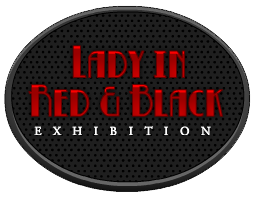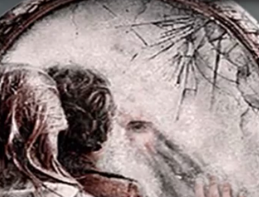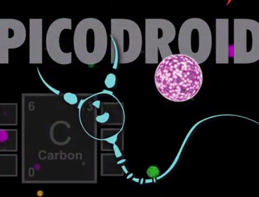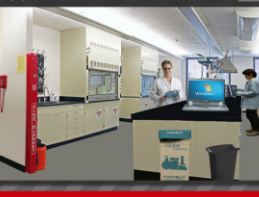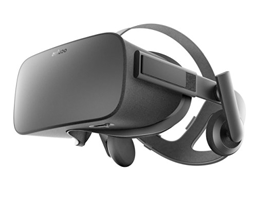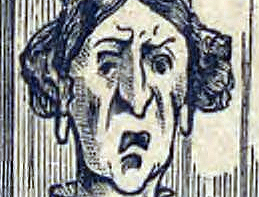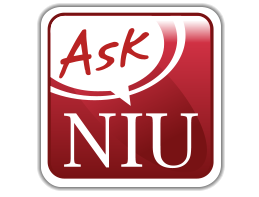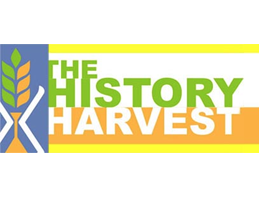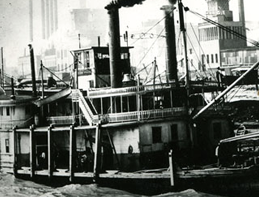
Experiential Learning
Experiential learning is the process of learning through experience, and is more specifically defined as "learning through reflection on doing". We at the DCL believe in the philosophy that includes many methodologies in which educators purposefully engage with learners in direct experience and focused reflection in order to increase knowledge, develop skills, clarify values, and develop people's capacity to contribute to their communities.
Experience some of our projects now!
Lady in Red and Black
The NIU Digital Convergence Lab partnered with faculty, staff, and students on a project that created an interactive, online exhibition of vintage fashions that explores NIU’s history and culture in the 20th century. The team included five undergraduate and graduate students with backgrounds in art and educational technology.
Literacy in Motion
Two student teams designed and developed an interactive video game experience that helps kids learn to read and spell while staying physically active and engaged. This body motion game, developed with the Microsoft Kinect camera provides a new and engaging way for kids to learn while staying active.
Surviving the Ash: A Game
This multiplayer 3D game allows players to experience the world, created by Mike Mullin, in which a volcano beneath Yellowstone Park has exploded, covering Midwestern United States in a blanket of ash and ashen snow. Players scavenge for food and water, escape encampments, treat diseases, and solve problems while they search for family members. The team built “Surviving the Ash” using the 3D game engine Unity 3D, Jibe, and Smartfox, programming primarily in Javascript and C# and building assets in 3D Studio Max and Photoshop.
Picodroid - Full Body Physics
Two teams of NIU students, subject matter experts, and coaches designed and developed a video game using the Microsoft's XBox 360 Kinect interface technology to engage middle and high-school students in fundamentals of physics and chemistry using their bodies rather than a game controller to navigate through a world filled with subatomic particles while they build elements.
Lab Safety
Two teams of students developed an interactive learning module based on safety in the science lab. The purpose of the Lab SAF-T training application was to provide a fun, user-interactive lab safety training experience for college level lab students, as well as teaching assistants and lab professionals, to learn essential concepts of safety in the laboratory.
Collaborative Argumentation
The object of this project was to design an online collaborative argumentation tool for students to engage in interdisciplinary literacy, science, and technology lessons. This project aimed at developing students’ argumentation skills from evidence to make claims as advocated by the Next Generation Science Standards (National Research council, 2011) and Common Core standards and have long term impact on the development of students’ scientific literacy.
Oculus Rift
The goal of this project was to create an inexpensive virtual reality experience to help users better visualize the three-dimensional models, representations, and graphs that are critical to learning advanced mathematics like Calculus.
Dime Novels - Text Mining
In this course student team members used text mining technology to explore the University Libraries’ large digital collection of Dime Novels.
Ask NIU
The purpose of the mobile application is to “impact campus-wide retention rates.” The team used established instructional design theory and mobile app usability principles to develop a prototype for such an application. The result is the foundation of a product that will benefit the university and its students.
History Harvest
The Digital Convergence Lab is collaborating with the Department of History and the University Libraries to provide students in Professor Stanley Arnold’s American History survey class (United States since the Civil War) with an opportunity to explore how digital technology relates to the study of history.
Mississippi Valley and Mark Twain
A student team will work on a GIS resource presenting data from the Mississippi Valley of the mid-nineteenth century – the place that Mark Twain wrote about in his most famous works.

